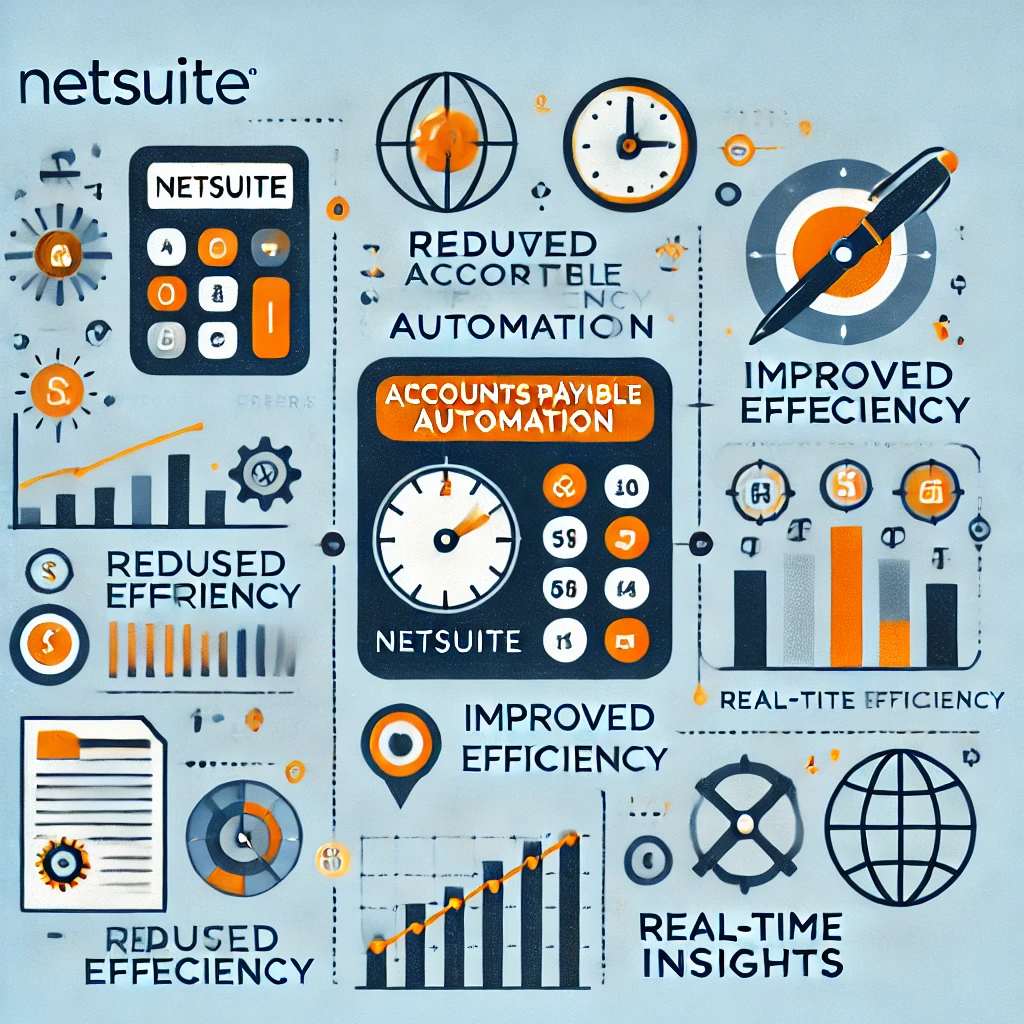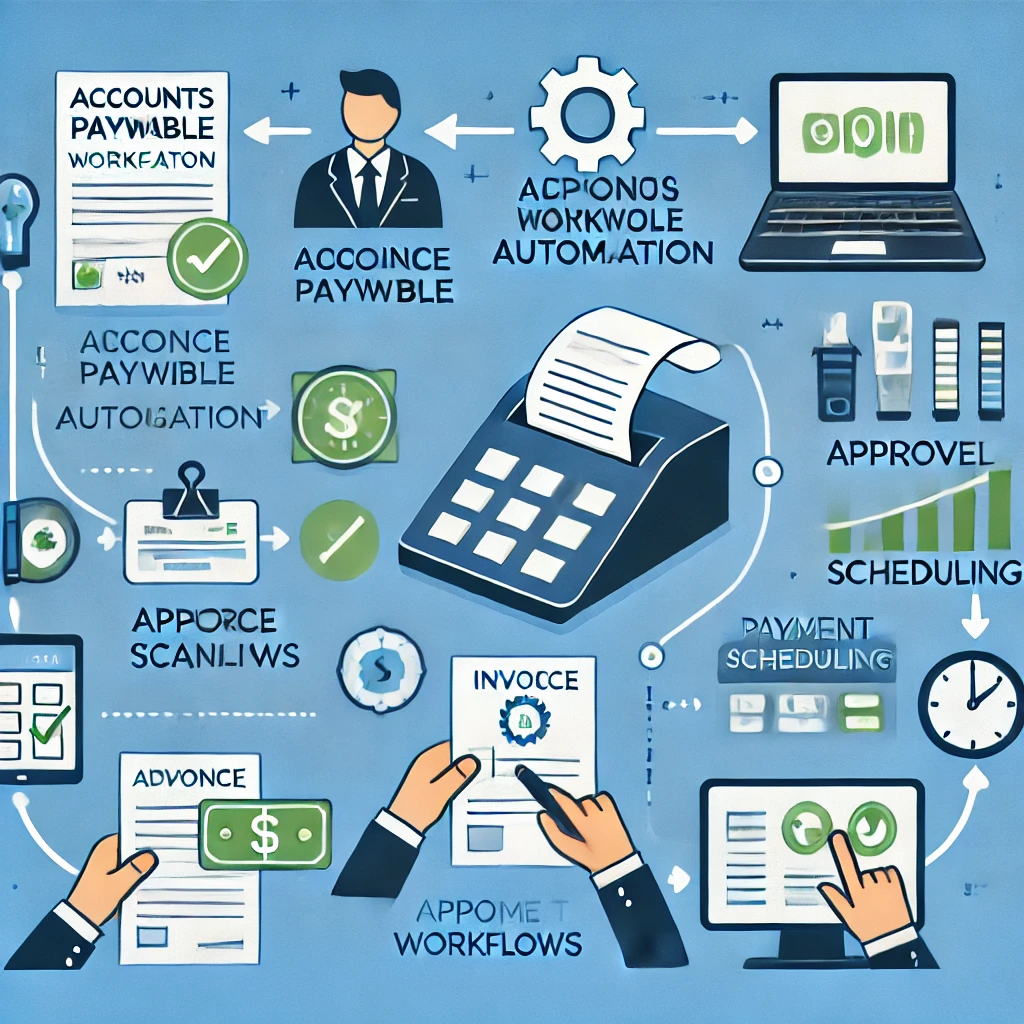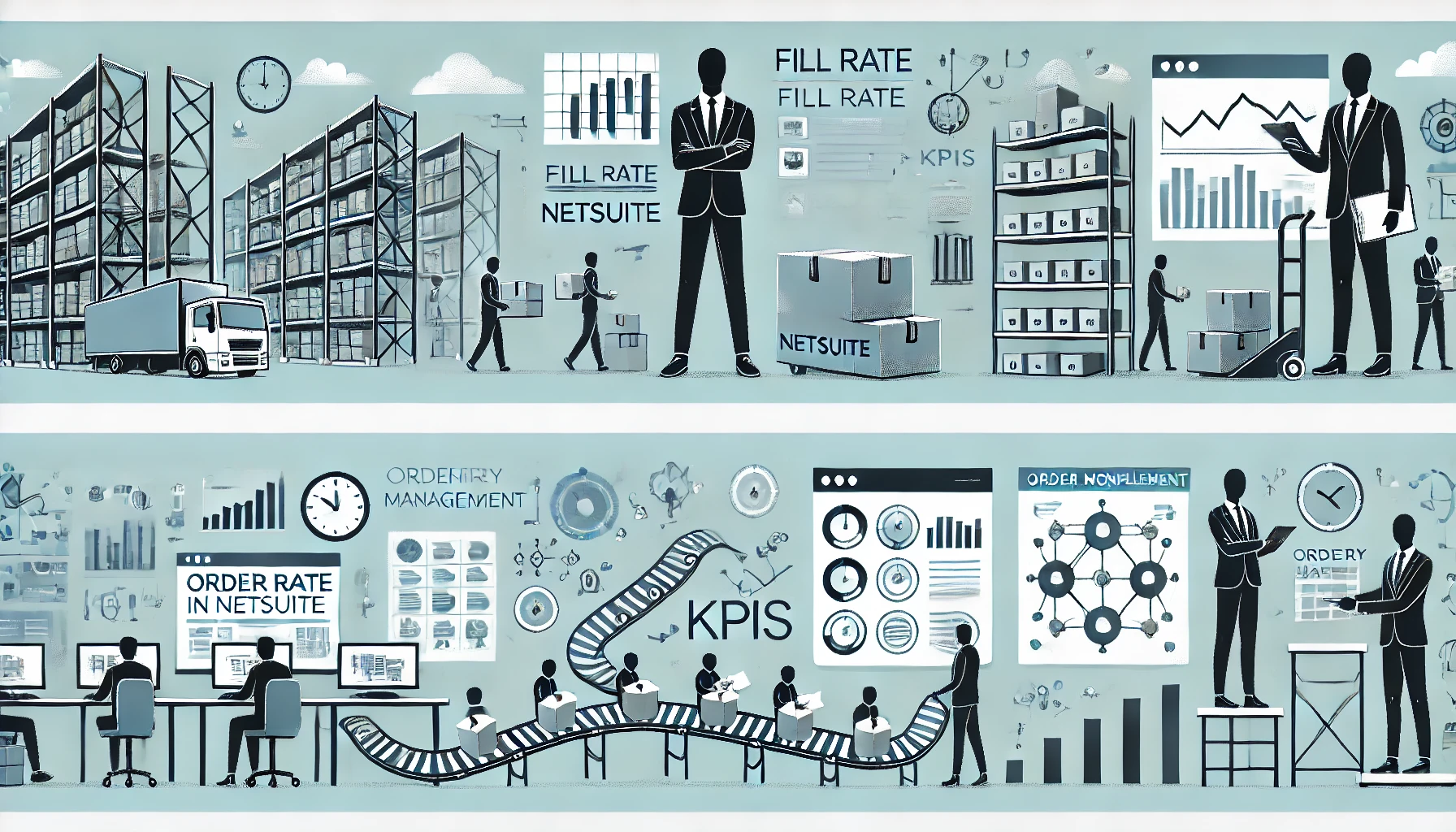In the evolving landscape of financial management, automation has emerged as a cornerstone for achieving operational efficiency and accuracy. Among the many solutions available, NetSuite’s Accounts Payable (AP) automation stands out as a transformative tool for businesses. By integrating advanced automation capabilities, NetSuite simplifies the traditionally complex accounts payable processes, reduces human errors, and enhances overall financial transparency. This blog explores how NetSuite Accounts Payable Automation works, its chief features and features, and the numerous benefits that it offers to modern businesses

Table of Contents
ToggleUnderstanding Accounts Payable Automation
AP automation means making use of technology to take care of a company’s obligations to its suppliers or creditors. It removes manual intervention in tasks such as processing invoices, payment approvals, and record-keeping. Automated processes help businesses significantly cut errors, improve efficiency, and ensure compliance with financial regulations.
NetSuite is a cloud-based Enterprise Resource Planning (ERP) solution that offers the incorporation of AP automation into its financial management tools. This feature is seamlessly integrated with other modules within the NetSuite ecosystem to provide a unified platform for managing financial transactions. The use of NetSuite AP automation by businesses means an easy workflow that reduces administrative burdens and improves cash flow management.
Key Features of NetSuite Accounts Payable Automation
NetSuite’s AP automation is full of features to help solve the problems with manual accounts payable processes. Here are some of its stand-out functionalities:
Invoice Capture and Processing: NetSuite’s automation starts with invoice capture. Using OCR and machine learning, the system can extract critical data from invoices, including vendor information, invoice number, and payment terms. This eliminates the need for manual data entry, which is often prone to errors.
Automated Matching and Approvals: Matching of invoices with purchase orders and receipts takes much time from accounts payable. The three-way matching feature of NetSuite allows automatic matching that will be approved for payment only through valid and accurate invoices. Approving workflows are also customizable to eliminate delay and bottleneck in the process.
Integration with Banking Systems: NetSuite ensures easy integration with the banking systems and allows for automated payment processing. Through the system, scheduling of payments, electronic funds transfer management, and tracking the status of payments are accomplished to ensure timely disbursements.
Real-time Reporting and Analytics: NetSuite’s real-time analytics will provide organizations with valuable insights about the current performance of their accounts payable. Dashboards and reports help track DPO, outstanding invoices, and payment history which will help the organizations have a sound financial decision process.
Compliance and Security: The financial regulatory and standard compliance ensured due to the integrated tools is, combined with advanced security features implemented for role-based access controls and audit trails, for protecting sensitive financial information.
Benefits of NetSuite AP Automation
Implementing the NetSuite Accounts Payable Automation provides many advantages that go further than operational efficiency. Several key advantages include:
- Increased Accuracy and Fewer Errors: Manual data entry and processing are often plagued with errors, resulting in overpayment, double payment, or missed payments. The NetSuite automation ensures data accuracy at every stage of accounts payable processing.
- Savings in Time and Cost: Automating repetitive tasks such as invoice data entry, matching, and approvals saves finance teams a huge amount of time. Finance teams can then focus on high-level strategic activities such as financial planning and analysis. Fewer errors and streamlined processes also mean cost savings for the organization.
Better Vendor Relations
Timely and accurate payments help organizations to have better relationships with their suppliers and vendors. Through NetSuite, businesses can be assured of the timely payment of agreed terms to enhance the level of trust and credibility.
- Optimized Cash Flow Management: Real-time visibility in accounts payable data helps manage cash flows in a more efficient way. Organizations can prioritize the payment based on due dates and payment terms to avoid late fees and take benefits from early payment discounts.
- Scalability and Flexibility: As the business grows, managing accounts payable manually becomes a challenge. NetSuite’s scalable solution can handle increased transaction volumes, making it suitable for all sizes and industries.

A Pragmatic Approach to Implementation
While the benefits of NetSuite AP automation are well-known, the successful implementation of the solution requires planning and execution. Here are some steps businesses can take in order to ensure smooth transitions:
- Evaluate Current Processes: Begin by analyzing your current accounts payable procedures to see where you encounter pain and inefficiency points. Through this analysis, you will identify which procedures will be automated and what aspects of NetSuite will best fulfill your business needs.
- Tweak Workflows: NetSuite is a flexible solution; businesses can customize workflows specific to their needs. Organize approval workflows, reporting formats, and integration settings around your organization’s needs.
- Train Your Team: This would invest in the training of your finance team in utilizing the system well. They will understand and exploit NetSuite to the maximum level with minimal resistance to change.
- Monitor and Optimize: Monitor the system performance after the implementation, get users’ feedback, and based on the data gathered make all necessary adjustments for workflows continuous improvements.
Case Study: Transforming AP with NetSuite
Consider a mid-sized retail firm that faces inefficiencies in its accounts payable process. The finance team spent much time inputting invoice data manually, matching purchase orders, and processing payments. Mistakes were the norm, straining relationships with vendors and also resulting in lost revenues.
Remarkable improvement for the company happened as it implemented NetSuite Accounts Payable Automation. Reduction of 70% for processing time of invoices took place, and error is also completely eradicated. Payment statuses in real time ensure efficient cash flow management. In that case, workflows help approve and pay items properly at right time. Strong and tight vendor relationships as well as significant cost saving also have been achieved.
As businesses continue embracing digital transformation, the need for automation in financial processes will only increase. NetSuite’s Accounts Payable Automation is a prime example of how technology can revolutionize traditional workflows, making them efficient, accurate, and scalable.
Advances in artificial intelligence and machine learning will also take AP automation to the next level. Predictive analytics, intelligent fraud detection, and more intuitive user interfaces will change how businesses manage their accounts payable, making them leaders in a competitive environment.
Conclusion
NetSuite Accounts Payable Automation is much more than just a tool; it is strategically an enabler for businesses that want to streamline financial operations. Automating tedious, error-prone tasks and providing real-time insights empower organizations to do what really matters: growth and innovation.
For businesses looking to optimize their accounts payable processes, NetSuite is a robust and comprehensive solution. In today’s financial landscape, embracing automation is no longer an option but a necessity. With NetSuite, organizations can pave the way for a more efficient, accurate, and future-ready approach to financial management.



